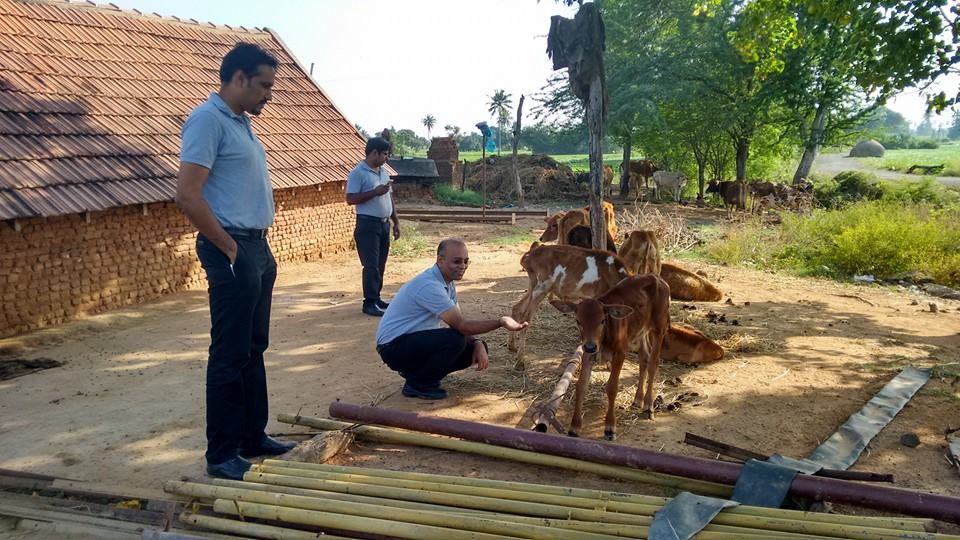ImpactAlpha, October 8 – More than two million social enterprises and impact companies in India are delivering healthcare, expanding electricity beyond the grid and bringing tens of millions of unbanked adults into the financial system. Impact investors have invested billions of dollars in the form of equity. But debt capital has been in short supply.
The lack of access to credit and working capital is slowing the expansion of products and services and leaving impact on the table.
“Investment options are not as rich as they can be,” says Ramraj Pai of India Impact Investors Council, host of this week’s India Impact Investing Week. “There is a very strong need and opportunity for foundations, for concessional capital, and for other sources of high-risk debt funding to support the build out of debt financing and impact.”
Investors have committed more nearly $11 billion in impact capital in India in the past decade and $2.7 billion last year alone. More than 70% of those commitments have been in the form of equity.
In a new report, IIC and consulting firm Bridgespan detail the barriers enterprises face in accessing credit, including perceived risk, unproven business models and slim or no credit files. In “Giving Credit Where Due,” IIC and Bridgespan used financial data to analyze the credit-worthiness of 422 non-financial impact companies. The surprising finding: 60% of impact enterprises are, in fact, credit-worthy.
IIC and Bridgespan also found a $216 million debt gap among the startups it surveyed, with agriculture and healthcare ventures facing the greatest need. Of the debt-based impact investments in India, 90% went to enterprises focusing on financial inclusion and access (not including microfinance firms). Agriculture ventures claimed 5% of the pie.
The report finds that non-bank lenders are more willing to extend credit to enterprises banks’ deem too risky, but their lending rates are often higher because their operating costs are higher. Other barriers: lack of data for credit evaluations, government regulations that make it easier for investors to do equity-based deals.
Also, lack of benchmarks for how to underwrite loans to “loss-making entities,” which many early-stage and especially tech-based startups are, noted Avishek Gupta at Caspian. Caspian is one of the few lenders backing Indian impact startups.
IIC and Bridgespan advocate customizable tools including collateral-based senior debt, unsecured junior debt, quasi-equity and grant-based finance. Rabo Foundation and Caspian, for example, created a $2.5 million debt fund to help agtech innovators secure collateral-free working capital tied to cash flow.
Credit guarantees can help startups advance into formal debt financing markets. Eric Naranjo of USAID said a technical assistance grant and help with deal pipeline encouraged more agro-forestry lending by agriculture financier Samunnati.











